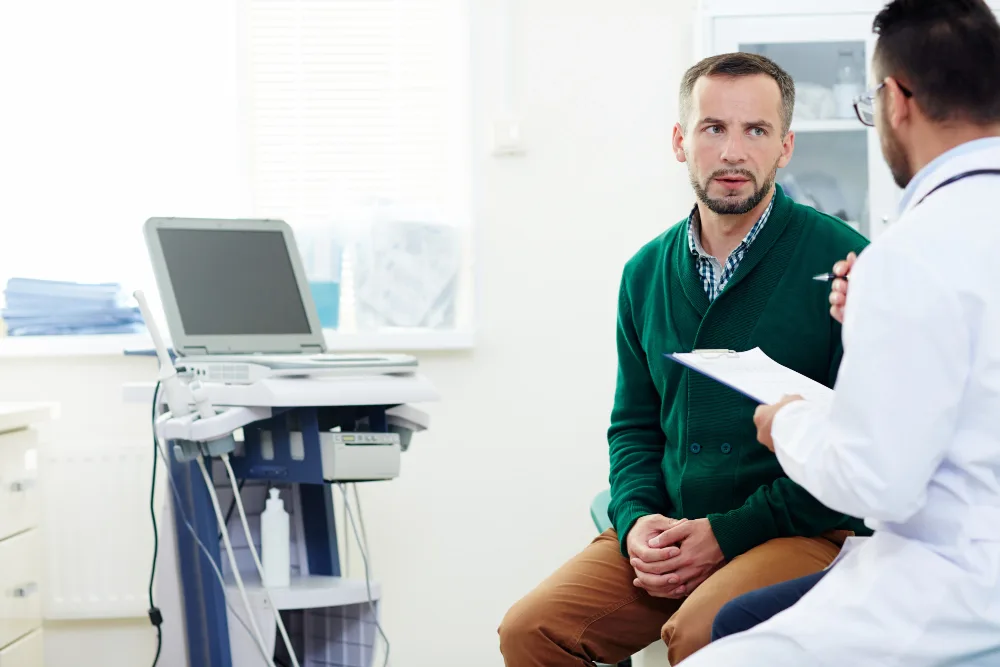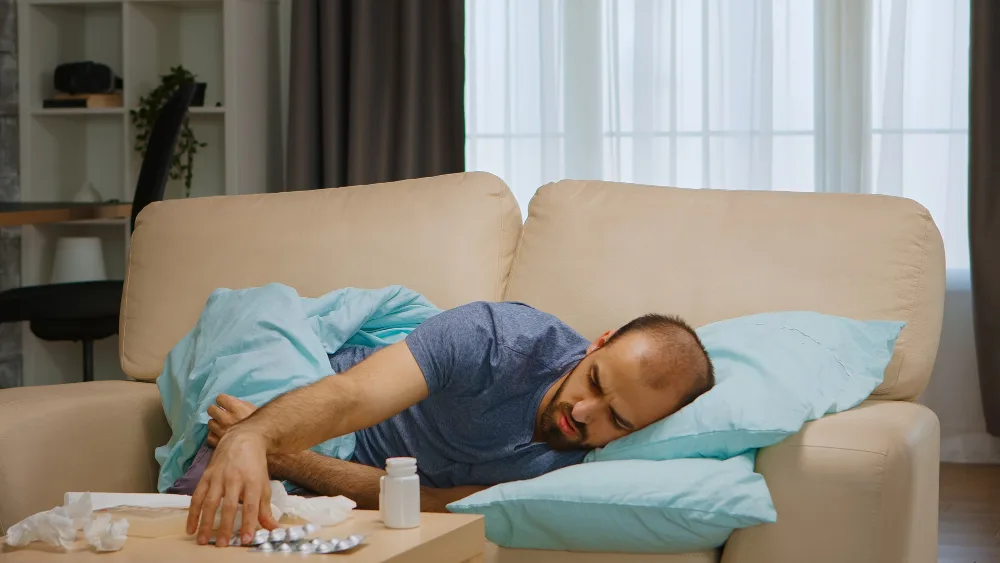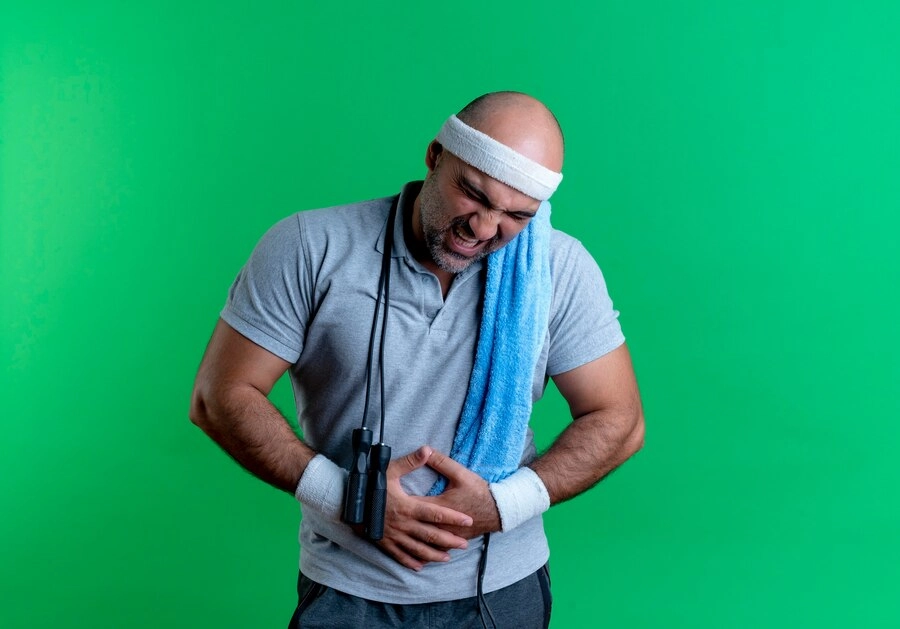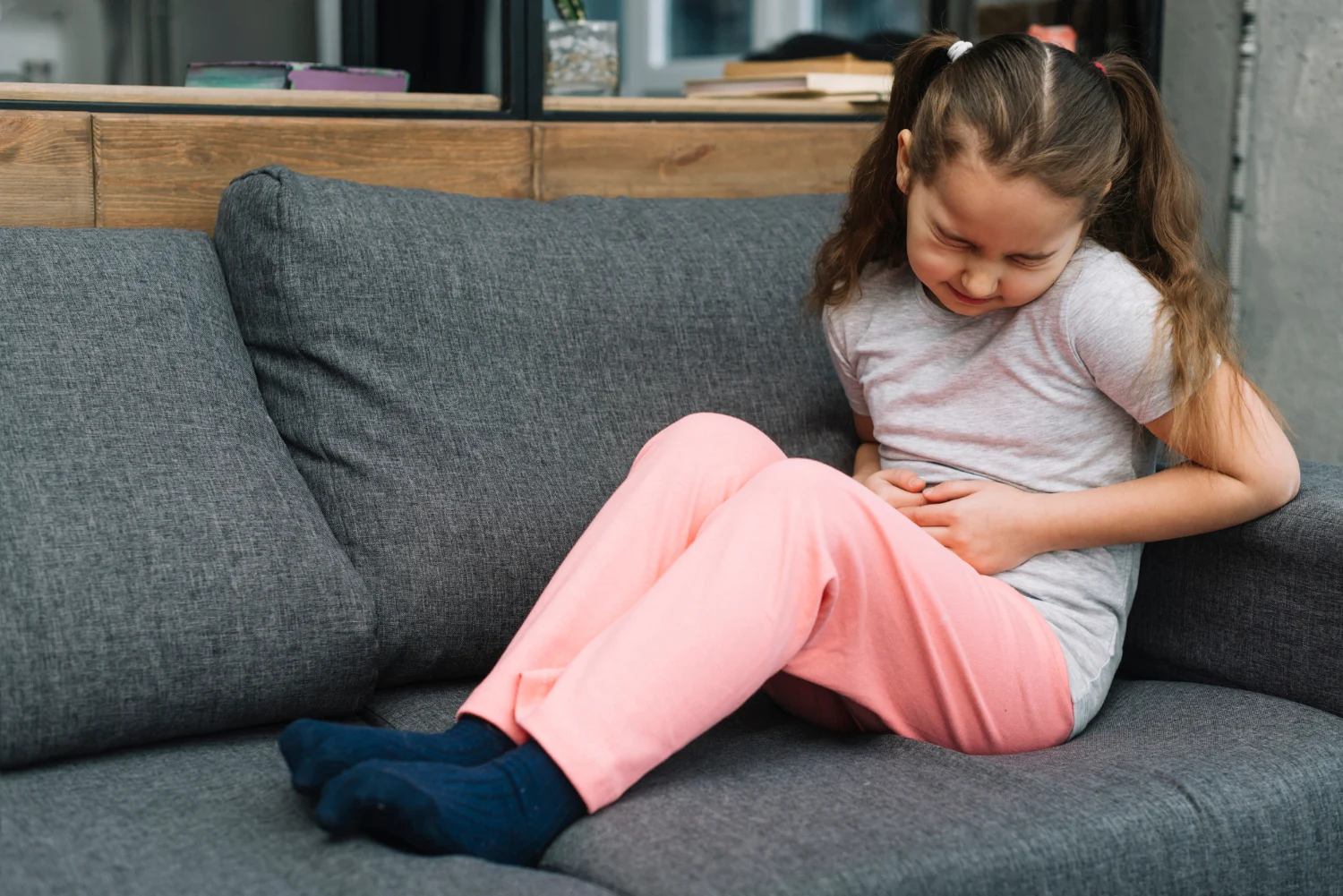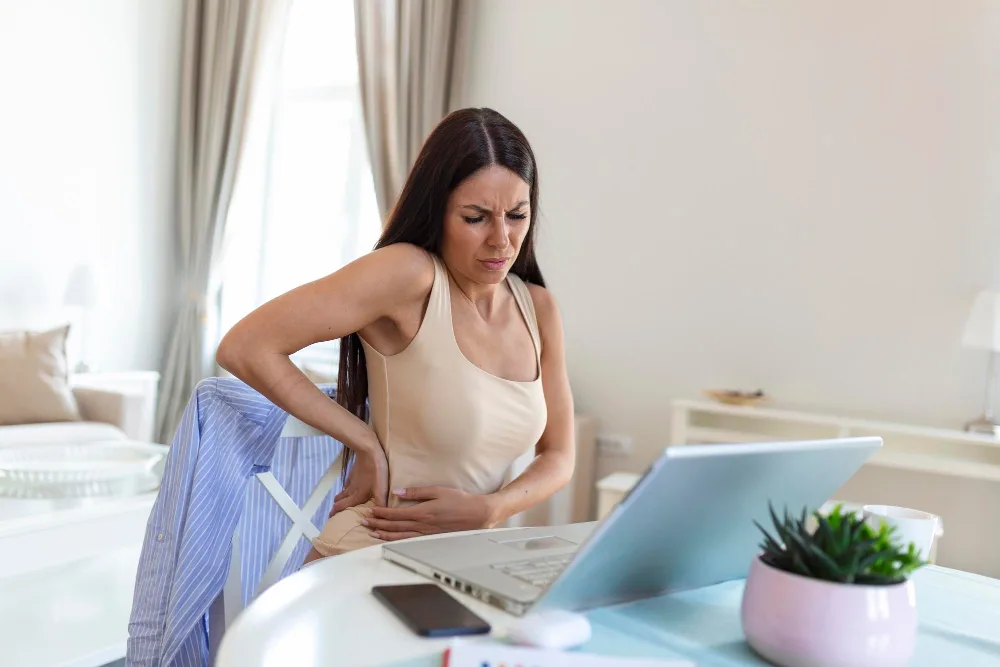How To Stop Piles Bleeding?
Category: General Surgery
Piles, or hemorrhoids, are swollen veins in the rectum or anus that can cause discomfort, itching, and bleeding. Bleeding during bowel movements is one of the most common symptoms that worries patients. While it can feel alarming, piles bleeding is usually manageable with timely care and simple interventions. By making small lifestyle changes, improving diet, and seeking proper medical treatment when needed, you can control bleeding effectively and prevent the condition from getting worse.
At Lokmanya Hospitals, we offer specialized care for patients experiencing bleeding piles, focusing on both immediate relief and long-term prevention. Our expert doctors combine advanced treatment methods with personalized lifestyle and dietary advice to ensure effective management of symptoms. With timely intervention and holistic guidance, we help patients overcome discomfort and regain confidence in their daily lives.
Immediate Steps to Control Bleeding from Piles
If you notice bleeding during bowel movements, taking quick action can help minimize discomfort and prevent worsening.
- Apply a cold compress: Using ice packs wrapped in a cloth can shrink swollen veins and reduce bleeding.
- Maintain proper hygiene: Gently clean the anal area with mild, unscented wipes or lukewarm water.
- Use over-the-counter ointments: Hemorrhoid creams or suppositories can provide relief and reduce bleeding.
- Avoid straining: Give yourself time during bowel movements and avoid excessive pushing.
If bleeding persists, consulting a piles doctor in Pune at Lokmanya Hospitals is highly recommended for proper diagnosis.
Dietary Changes to Reduce Bleeding
Diet plays a crucial role in managing piles and preventing bleeding. A fiber-rich diet softens stool, making bowel movements easier.
- Include high-fiber foods: Whole grains, leafy greens, beans, and fruits.
- Stay hydrated: Drinking at least 8–10 glasses of water daily prevents constipation.
- Avoid spicy and oily food: These may irritate hemorrhoids and worsen bleeding.
- Use natural stool softeners: Such as psyllium husk or flaxseeds.
Maintaining a healthy digestive system reduces the chances of irritation and further bleeding.
Lifestyle Habits to Prevent Worsening
Simple lifestyle changes can significantly improve piles symptoms and control bleeding.
- Exercise regularly to improve blood flow and digestion.
- Avoid prolonged sitting, especially on hard surfaces.
- Use a cushion when sitting to reduce pressure on rectal veins.
- Practice good toilet habits—don’t delay bowel movements.
These small steps ensure long-term relief and reduce recurrence.
When to Consider Medical Treatment
If bleeding continues despite home remedies, medical treatments may be necessary. Options include:
- Medication-based management: Prescription ointments or oral medicines.
- Minimally invasive procedures: Rubber band ligation, sclerotherapy, or infrared coagulation.
- Surgical options: In severe cases, piles surgery may be advised for lasting relief.
Lokmanya Hospitals offers advanced treatment options with experienced piles surgeons in Pune to ensure safe and effective recovery.
Conclusion
Bleeding piles may cause discomfort and anxiety, but with timely care, proper diet, and simple lifestyle changes, the condition can often be controlled. However, if bleeding persists or worsens, it is important not to ignore it, as it may require medical attention. Seeking guidance from a qualified piles doctor in Pune ensures the right diagnosis and treatment. With expert care and modern facilities available at Lokmanya Hospitals, patients can find effective, long-term relief from piles and improve their quality of life.
FAQ’s
1. What is the first thing to do when piles start bleeding?
Applying a cold compress and keeping the area clean can help stop bleeding immediately.
2. Can diet changes really stop piles bleeding?
Yes, a fiber-rich diet and good hydration make stools softer, reducing strain and bleeding.
3. When should I see a doctor for bleeding piles?
If bleeding continues for more than a few days or is heavy, consult a doctor right away.
4. Can exercise worsen bleeding piles?
Heavy lifting can worsen symptoms, but light activities like walking usually help.
5. Are there non-surgical treatments for bleeding piles?
Yes, options like rubber band ligation and sclerotherapy can control bleeding effectively.
6. Is piles surgery painful?
Modern surgical techniques make the procedure safer, less painful, and faster to recover from.
7. Can piles bleeding lead to serious health problems?
Untreated, severe bleeding may lead to anemia or infections, so medical attention is vital.
Previous blog
What Causes Piles?
Next blog
